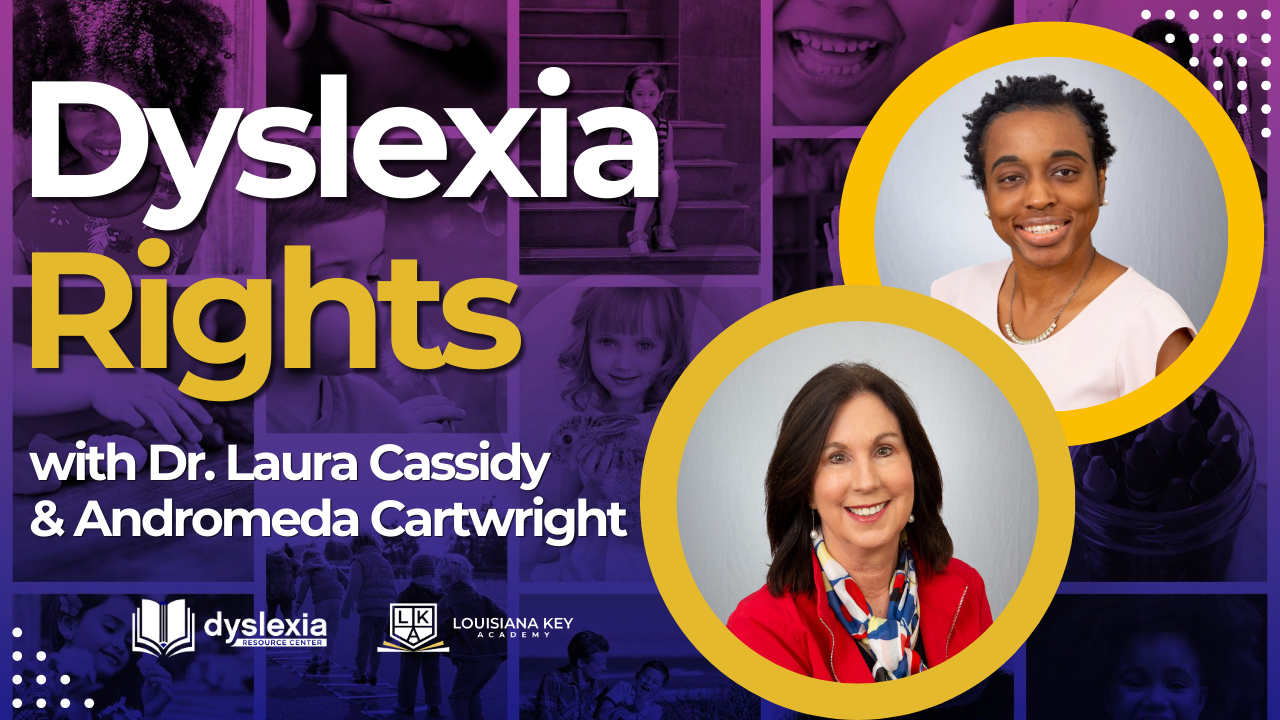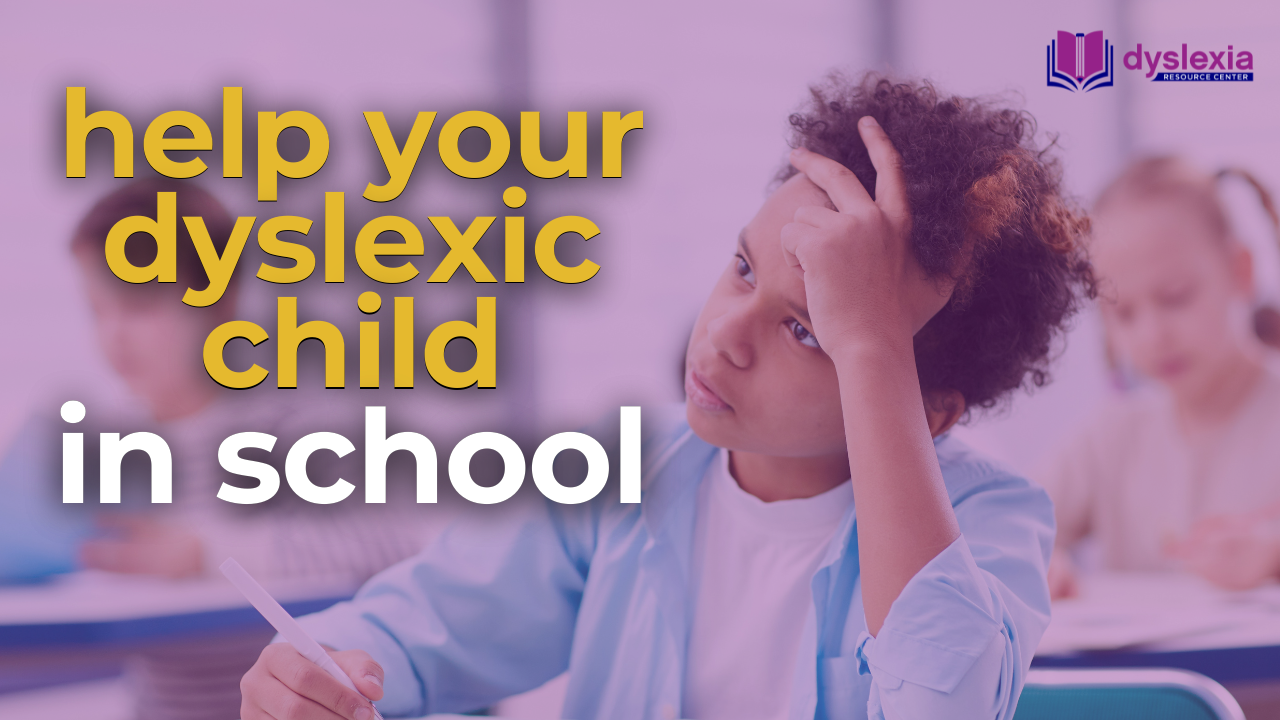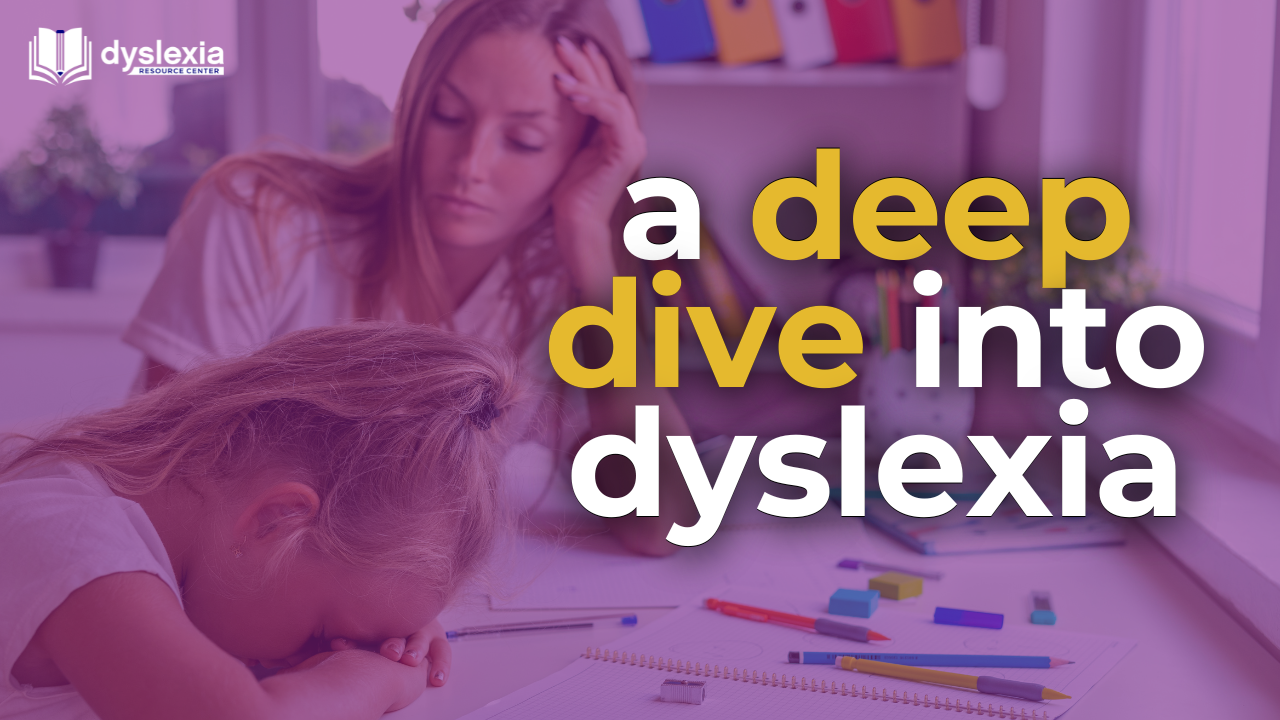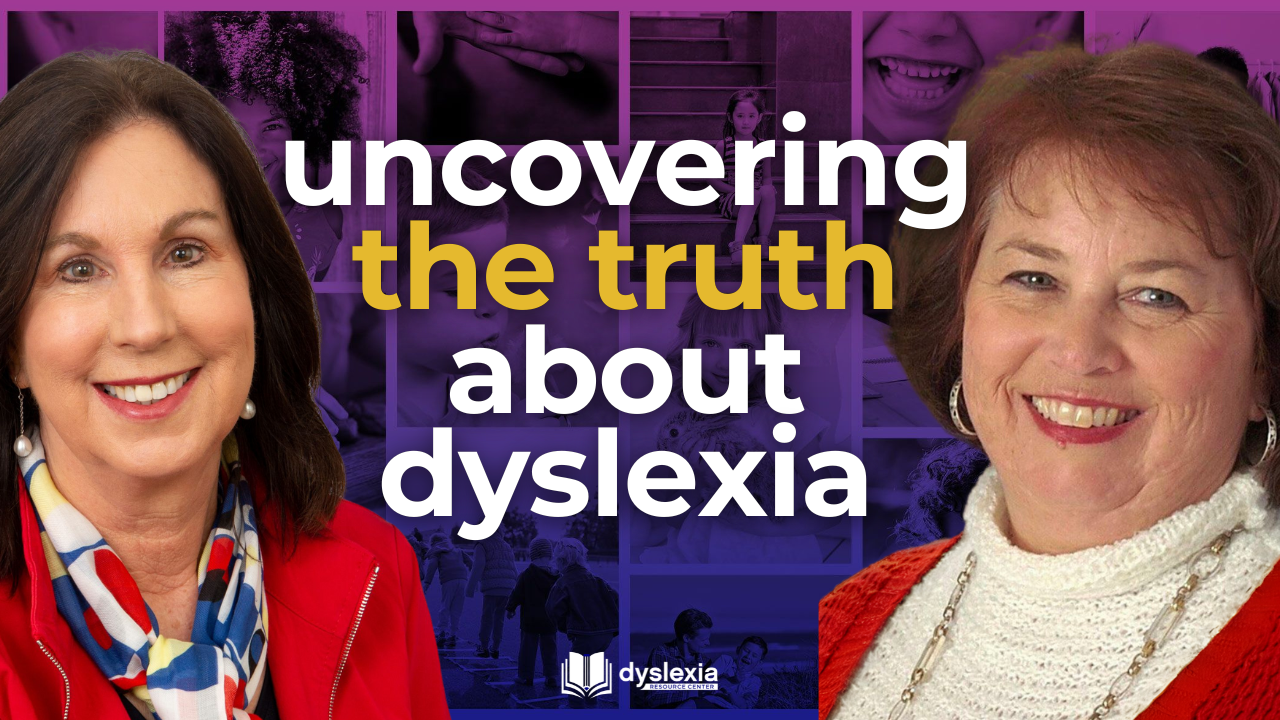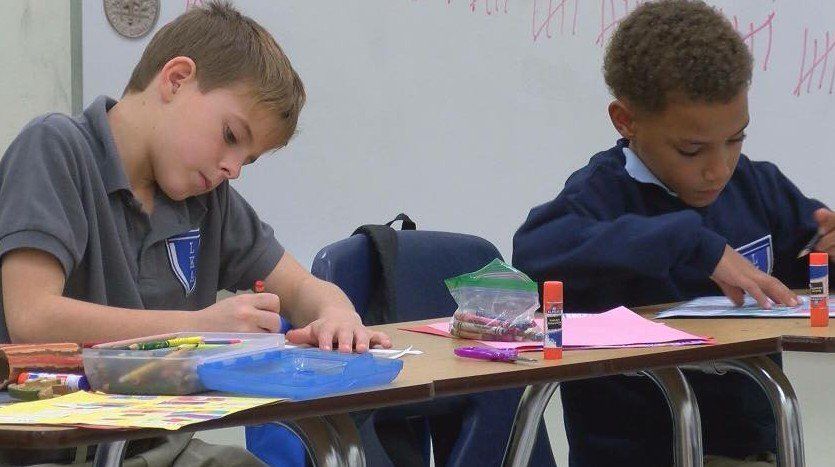Call Us (225) 384-5484
Self Esteem And The Dyslexic Child

Self esteem is a confidence and a belief in, one’s own value. Children spend most of their days in school and this environment shapes a sense of worth for many children. School can quickly wreck the self esteem of a dyslexic child.
We know that the achievement gap between dyslexic and nondyslexic children is present in the first grade. Nondyslexic children are rapidly improving their reading skills while the dyslexic child is struggling to read simple words or learn the alphabet. Since most parents and teachers equate reading skills with intelligence the dyslexic child often feels inadequate at school. These bright students do not read at a level that matches their intelligence and they are often called lazy or dumb.
from David Boies at the US Senate Help Co Hearing:
“The debilitating effect that dyslexia can have on a child’s confidence and sense of self-worth is aggravated by the fact that the very time reading and input most dominate reasoning and judgment in conventional test results, is the very time children are at their most vulnerable.
Recognizing that the difficulty in reading dyslexia causes can be mitigated by training, that alternate ways of acquiring information can be emphasized, and that dyslexia does not imply anything about a person’s ability to reason, analyze, or communicate can give students the patience to continue to work and achieve, and give their teachers and parents the patience to help and support them.”
It is important to screen in kindergarten and first grade for dyslexia so those with dyslexia are identified and given evidence based instruction and the assurance of their self worth.


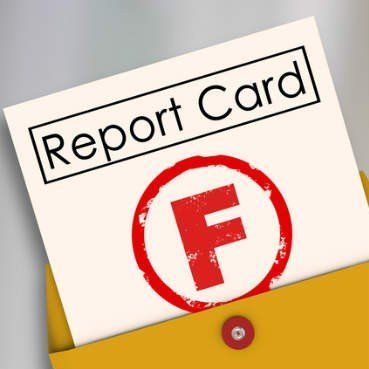

Quick Links
What is Dyslexia?
Dyslexia Services
WHO WE ARE?
The Dyslexia Resource Center was started by a group of concerned parents, medical doctors, and advocates who simply want everyone to know the truth about dyslexia, based on the most current science, and how that knowledge can translate into success in the classroom.
WHAT IS DYSLEXIA?
An unexpected difficulty in reading for an individual who has the intelligence to be a much better reader.
All Rights Reserved | Dyslexia Resource Center

